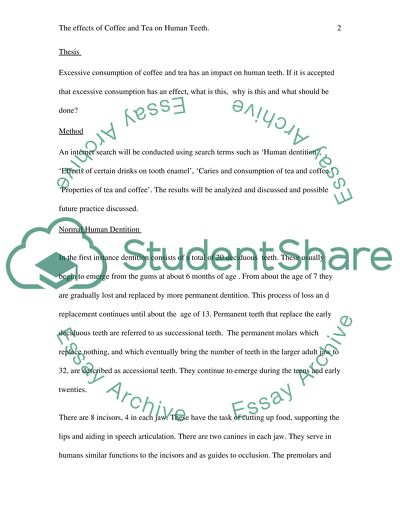Cite this document
(“Dental Erosion in Human Tooth Enamel causing by coffee and tea Research Paper”, n.d.)
Retrieved from https://studentshare.org/health-sciences-medicine/1421997-dental-erosion-in-human-tooth-enamel-causing-by
Retrieved from https://studentshare.org/health-sciences-medicine/1421997-dental-erosion-in-human-tooth-enamel-causing-by
(Dental Erosion in Human Tooth Enamel Causing by Coffee and Tea Research Paper)
https://studentshare.org/health-sciences-medicine/1421997-dental-erosion-in-human-tooth-enamel-causing-by.
https://studentshare.org/health-sciences-medicine/1421997-dental-erosion-in-human-tooth-enamel-causing-by.
“Dental Erosion in Human Tooth Enamel Causing by Coffee and Tea Research Paper”, n.d. https://studentshare.org/health-sciences-medicine/1421997-dental-erosion-in-human-tooth-enamel-causing-by.


